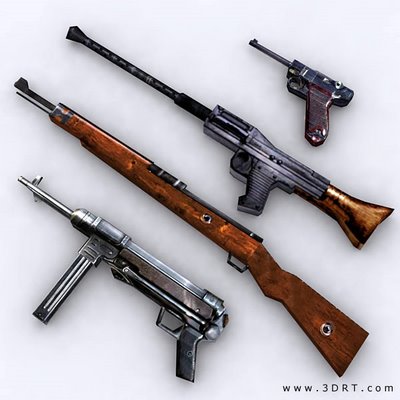 Gun possession has been a hot issue in many countries like Brazil and the USA. Each time a crime occurs, especially the one in which there is the storming of building like schools or armed robbery of financial institutions like banks, there is a call for tight control on gun possession and sale. The gun has a lot of symbol for some it is a source of prestige and power. Others make collection of guns without ever firing a single shot. There are arm dealers who are the suppliers of those needing them in face of strict government measures or for waging a war against it.
Gun possession has been a hot issue in many countries like Brazil and the USA. Each time a crime occurs, especially the one in which there is the storming of building like schools or armed robbery of financial institutions like banks, there is a call for tight control on gun possession and sale. The gun has a lot of symbol for some it is a source of prestige and power. Others make collection of guns without ever firing a single shot. There are arm dealers who are the suppliers of those needing them in face of strict government measures or for waging a war against it.In some Middle Eastern countries like Yemen and Lebanon the possession of guns is commonplace. In Lebanon common possession was the result of the civil war that pushed each section of the Lebanese society to have enough arms as a way to impose its will.
In Iraq, former Iraqi president Saddam Hussein armed populations loyal to him to defend themselves against invaders.
In Yemen possessing a dagger and a gun is a sign of manhood. It is estimated that in this country there are more than five million guns among the Yemeni populations. Some tribes take advantage of these guns to kidnap tourists to force the central government to carry development projects in their region. But considering the number of guns in relation to Yemeni population numbering 20 million people, gun linked murder is rare in Yemen compared to the USA where it is estimated that there is the possession of 200 million guns.
The gun isn’t dangerous by itself. It is as dangerous as it is made to be. The gun doesn’t trigger itself and chooses its targets. It is its possessor or manipulator who makes it kill. So legislation banning or allowing gun possession has to go in line with the fabric of societies. A killer is a killer. If he needs a gun or any murderous weapon he will get it.





No comments:
Post a Comment